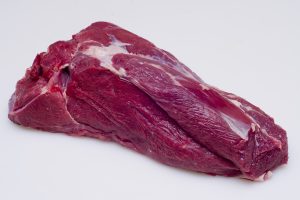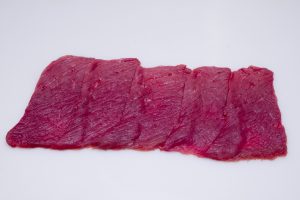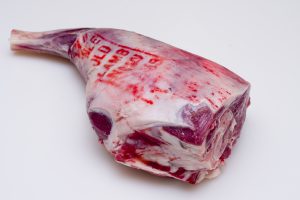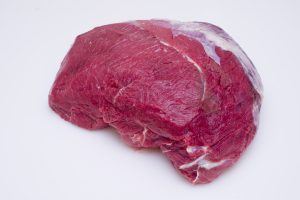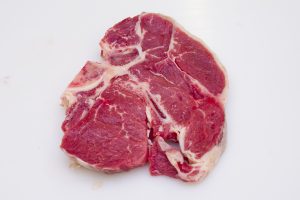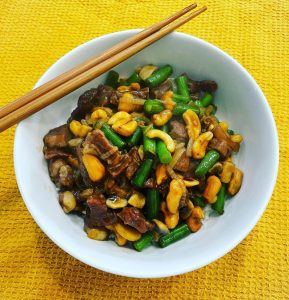Sustainable and ethical meat sourcing refers to the practice of obtaining meat from farms and butcher syndey that adhere to environmentally friendly and humane methods. Sustainability in meat sourcing involves practices that reduce environmental impact, such as responsible land use, water conservation, and minimizing greenhouse gas emissions. Ethical meat sourcing focuses on the humane treatment of animals, ensuring they are raised in healthy, natural conditions with minimal stress and suffering of cuts of meat.
Importance of Sustainability in the Meat Industry
Sustainability in the meat industry is crucial for several reasons:
- Environmental Protection: Sustainable practices help preserve natural resources, reduce pollution, and mitigate climate change.
- Animal Welfare: Ethical treatment of animals promotes better health and quality of life for livestock, which can lead to healthier meat products.
- Consumer Health: Sustainably sourced meat is often free from harmful chemicals and antibiotics, making it a healthier choice for consumers.
- Economic Benefits: Supporting sustainable and ethical practices can bolster local economies and promote fair trade practices.
What is Sustainable Meat Sourcing?
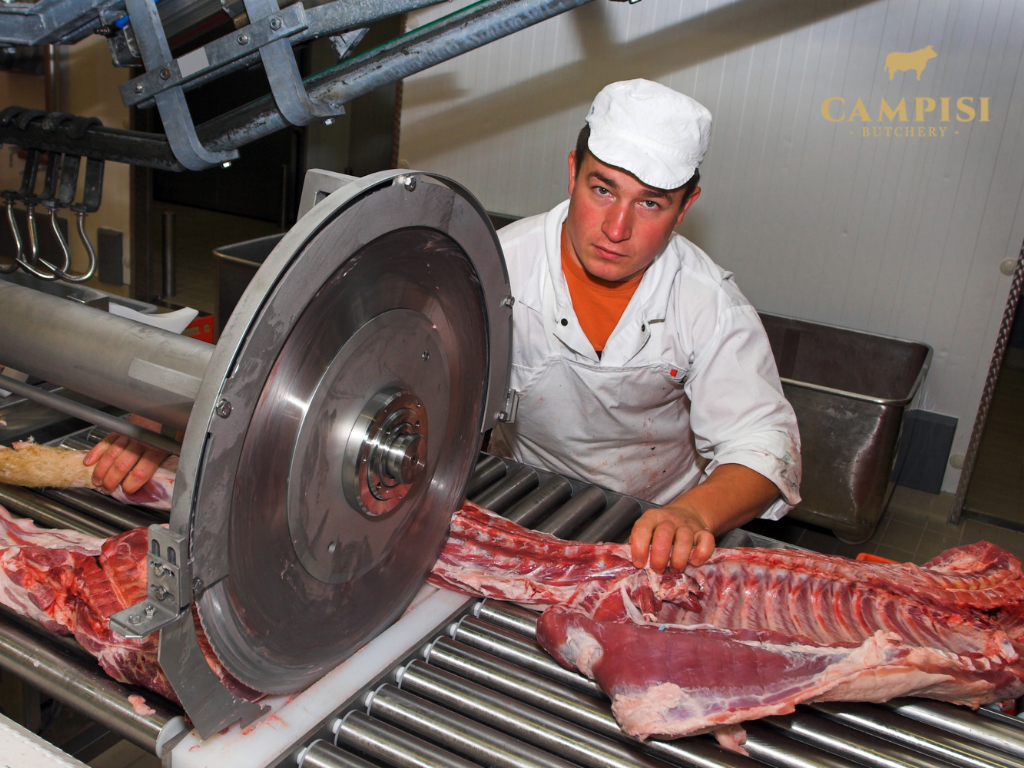
Explanation of Sustainable Farming Practices
Sustainable farming practices are agricultural methods designed to protect the environment, public health, human communities, and animal welfare. Key practices include:
- Rotational Grazing: Moving livestock between pastures to prevent overgrazing and promote soil health.
- Organic Farming: Avoiding synthetic pesticides and fertilizers, and using natural methods to enhance soil fertility and manage pests.
- Water Conservation: Implementing efficient water usage practices, such as drip irrigation and rainwater harvesting, to minimize water waste.
- Energy Efficiency: Utilizing renewable energy sources and energy-saving technologies to reduce carbon footprints.
These practices not only help sustain the environment but also improve the quality and safety of the meat produced.
Benefits of Sustainable Meat Sourcing for the Environment
Sustainable meat sourcing has several environmental benefits:
- Reduced Greenhouse Gas Emissions: Sustainable farming practices can lower methane and carbon dioxide emissions, helping combat climate change.
- Preservation of Biodiversity: Practices like rotational grazing and organic farming support diverse ecosystems and protect wildlife habitats.
- Improved Soil Health: Techniques such as crop rotation and composting enhance soil fertility and structure, leading to better crop yields and resilience.
- Water Quality Protection: Sustainable farming reduces runoff and pollution, protecting water sources from contamination by chemicals and waste.
Ethical Meat Sourcing: Ensuring Animal Welfare
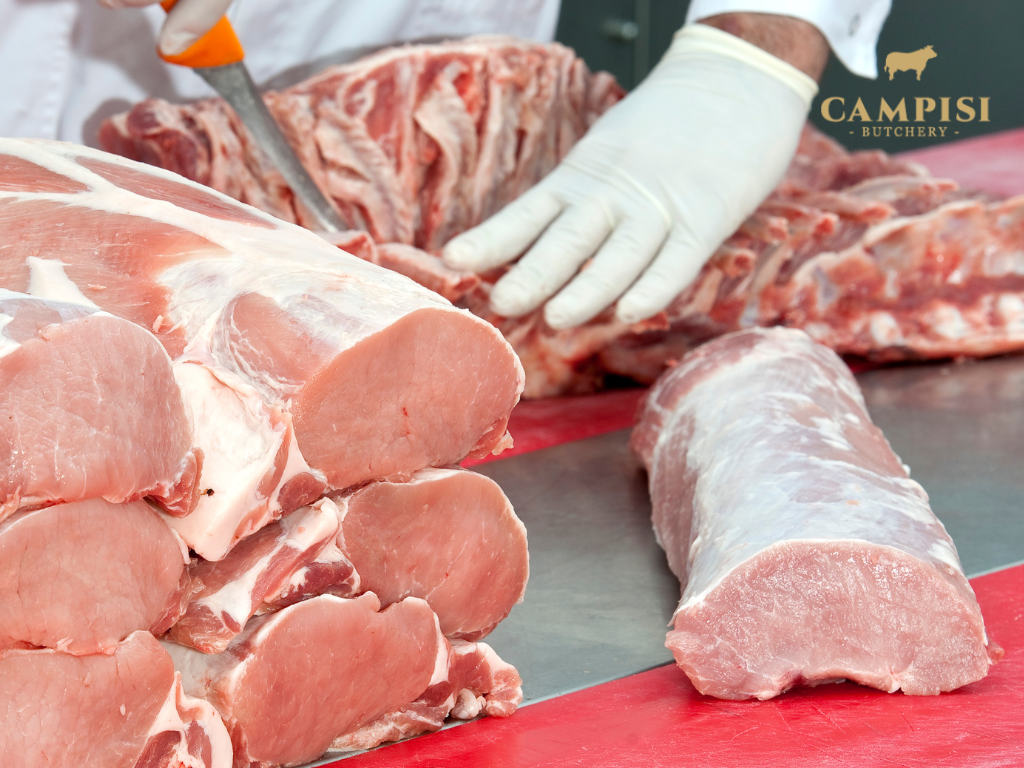
Definition of Ethical Meat Sourcing
Ethical meat sourcing involves raising and treating animals in ways that prioritize their well-being and natural behaviors. This includes providing adequate space, access to the outdoors, proper nutrition, and humane handling and slaughtering processes. Ethical sourcing aims to ensure that animals live healthier, less stressful lives, which can also improve the quality of meat.
Importance of Animal Welfare in the Meat Industry
Animal welfare is a critical aspect of the meat industry for several reasons:
- Moral Responsibility: Treating animals humanely is an ethical obligation that reflects societal values and respect for living beings.
- Product Quality: Stress and poor living conditions can negatively affect the health of animals, leading to lower quality meat. Humane treatment generally results in better meat texture, flavor, and nutritional value.
- Consumer Demand: Increasingly, consumers are concerned about the origins of their food and the welfare of animals. Ethical practices can meet this demand and build customer trust and loyalty.
- Regulatory Compliance: Many regions have laws and standards governing animal welfare. Adhering to these regulations ensures compliance and avoids legal repercussions.
Identifying Sustainable and Ethical Butcher Shops in Emerald Hills

Key Indicators of Sustainable Practices at a Butcher Shop in Emerald Hills
When searching for a sustainable and ethical butcher shop in Emerald Hills, look for the following key indicators:
- Transparency: A reputable butcher shop will openly share information about their meat sourcing, including the farms they work with and the farming practices used. They should provide clear labels and detailed descriptions of their products.
- Certifications: Look for certifications from recognized organizations such as Certified Organic, Animal Welfare Approved, or Grass-Fed Certified. These certifications ensure that the meat meets specific sustainability and ethical standards.
- Local Sourcing: Sustainable butcher shops often source their meat from local farms to reduce transportation emissions and support the local economy. Ask about the origins of their products and prioritize shops that emphasize local sourcing.
- Animal Welfare Commitment: Ethical butcher shops prioritize animal welfare by sourcing from farms that provide humane living conditions. Look for shops that highlight their commitment to high animal welfare standards.
How to Find a Butcher Sydney that Prioritizes Ethical Sourcing
To find a butcher in Sydney that prioritizes ethical sourcing, consider the following steps:
- Research Online: Use search engines and online directories to find butcher shops that emphasize sustainability and ethical sourcing. Look for customer reviews and testimonials that mention these practices.
- Visit the Shop: Pay a visit to the butcher shop to see firsthand how they operate. Ask questions about their sourcing practices, animal welfare standards, and any certifications they hold. A trustworthy butcher will be happy to provide this information.
- Ask for Recommendations: Talk to friends, family, or local food enthusiasts for recommendations. Personal referrals can lead you to reputable butcher shops that prioritize ethical sourcing.
- Check Websites and Social Media: Many butcher shops have websites and social media profiles where they share information about their sourcing practices. Look for posts and updates that highlight their commitment to sustainability and animal welfare.
Benefits of Choosing Sustainable and Ethical Meat
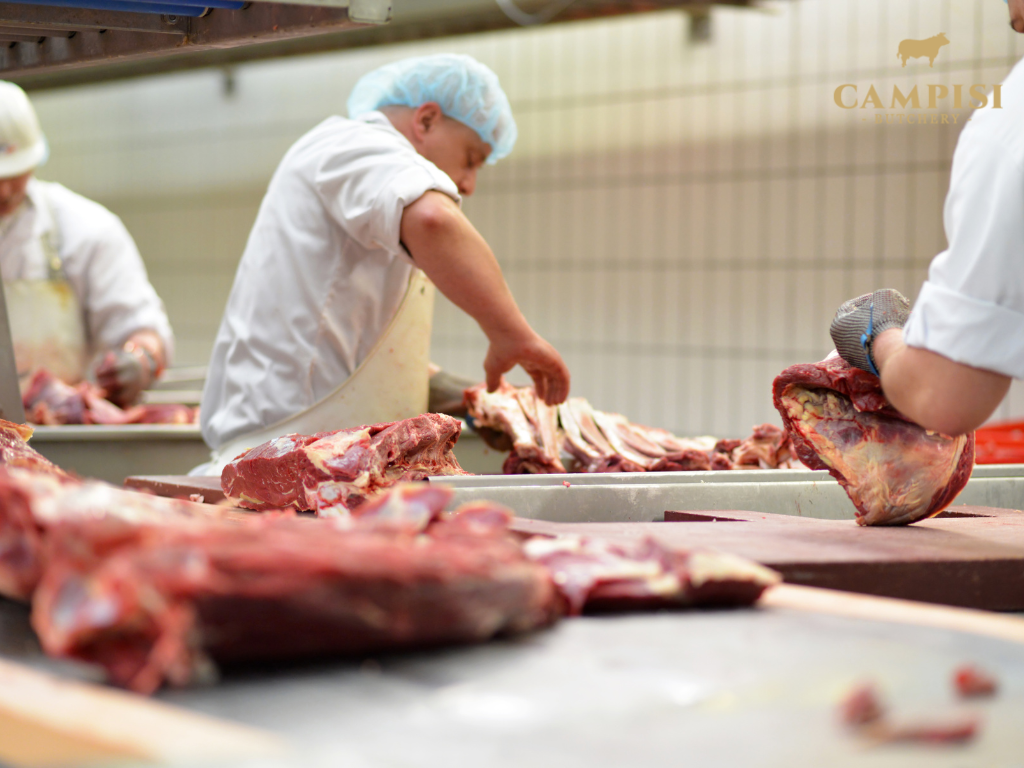
Health Benefits of Sustainably Sourced Meat
Choosing sustainably sourced meat offers several health benefits:
- Fewer Antibiotics and Hormones: Sustainably raised animals are often not given routine antibiotics or growth hormones, reducing the risk of antibiotic resistance and exposure to harmful chemicals.
- Better Nutritional Profile: Meat from grass-fed and pasture-raised animals tends to have higher levels of beneficial nutrients, such as omega-3 fatty acids, vitamins, and antioxidants.
- Lower Contamination Risk: Ethical farming practices reduce the likelihood of contamination from pathogens like E. coli and Salmonella, leading to safer meat produccsts.
Environmental Impact and Community Benefits
Choosing sustainable and ethical cuts of meat also has positive environmental and community impacts:
- Reduced Environmental Footprint: Sustainable farming practices help preserve natural resources, reduce greenhouse gas emissions, and minimize pollution. This contributes to a healthier planet.
- Support for Local Farmers: Buying meat from local, sustainable farms supports small-scale farmers and the local economy. It helps keep agricultural lands in use and promotes rural development.
- Better Animal Welfare: Ethical sourcing ensures that animals are treated humanely, which aligns with growing consumer concerns about animal welfare and ethical consumption.
Common Cuts of Meat from Sustainable Sources
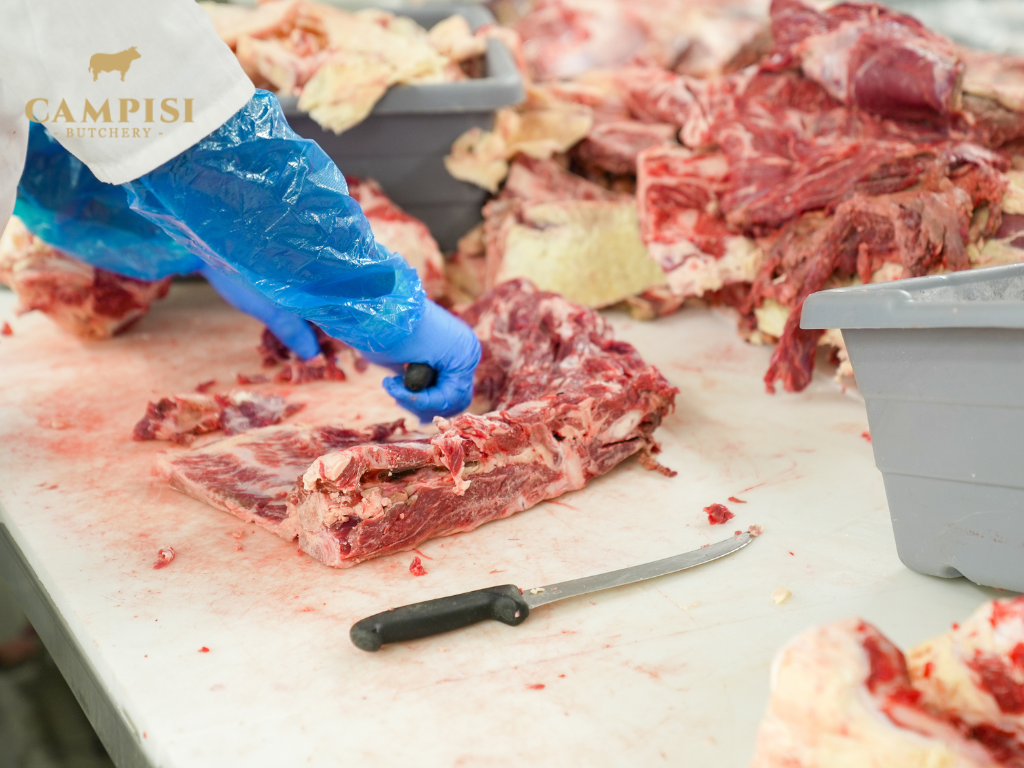
Overview of Popular Cuts of Meat Available at Ethical Butcher Shops
Ethical butcher shops offer a variety of popular cuts of meat from sustainably raised animals. Some of these cuts include:
- Grass-Fed Beef: Cuts such as ribeeye, sirloin, and tenderloin are prized for their flavor and tenderness. Ground beef from grass-fed cattle is also a popular choice.
- Pasture-Raised Pork: Common cuts include pork chops, tenderloin, and shoulder. Pasture-raised pork is known for its rich flavor and juiciness.
- Free-Range Poultry: Chicken breasts, thighs, and whole birds from free-range chickens are sought after for their quality and taste. Free-range turkeys are also available during the holiday season.
- Lamb: Ethically sourced lamb offers cuts like leg of lamb, lamb chops, and ground lamb. Grass-fed lamb is particularly noted for its superior taste.
How These Cuts of Meat Differ from Conventionally Sourced Meat
Sustainably sourced cuts of meat differ from conventionally sourced meat in several ways:
- Flavor and Texture: Meat from animals raised on natural diets and in humane conditions often has a richer flavor and better texture compared to conventionally raised meat.
- Nutritional Quality: Sustainably sourced meat typically has a higher nutritional quality, with more omega-3 fatty acids, vitamins, and minerals. Grass-fed beef, for example, is higher in antioxidants and has a better fat profile.
- Ethical Assurance: When purchasing from ethical butcher shops, consumers can be confident that the meat comes from animals that were raised with care and respect, adhering to high animal welfare standards.
Supporting Local Farmers and Butchers

Importance of Supporting Local Businesses and Farmers
Supportng local businesses and farmers is crucial for several reasons:
- Economic Impact: Local businesses and farmers contribute significantly to the local economy. By purchasing from them, you help sustain local jobs, encourage entrepreneurship, and ensure that money circulates within the community.
- Environmental Benefits: Locally sourced products often have a smaller carbon footprint because they require less transportation. This reduces greenhouse gas emissions and helps combat climate change.
- Community Strength: Supporting local businesses fosters a sense of community and connection. It helps build relationships between consumers and producers, creating a more resilient local economy.
How Local Butchers Contribute to the Community and Economy
Local butchers play a vital role in the community and economy by:
- Providing High-Quality Products: Local butchers often source their meat from nearby farms, ensuring fresher and higher quality products for their customers.
- Preserving Traditions: Butchers maintain traditional skills and knowledge about meat preparation, which can be lost in larger, industrialized settings. They offer custom cuts and personalized service that large chains cannot match.
- Supporting Local Farmers: By sourcing meat from local farms, butchers help sustain local agriculture. This support keeps farmland in use and promotes sustainable farming practices.
- Creating Jobs: Local butcher shops provide employment opportunities within the community, contributing to local economic stability.
Conclusion
Sustainable and ethical meat sourcing is vital for the health of consumers, the well-being of animals, and the preservation of the environment. By choosing meat from sources that prioritize sustainability and animal welfare, consumers can enjoy higher quality and more nutritious products. Additionally, supporting sustainable practices helps reduce the environmental impact of meat production and promotes humane treatment of animals.

